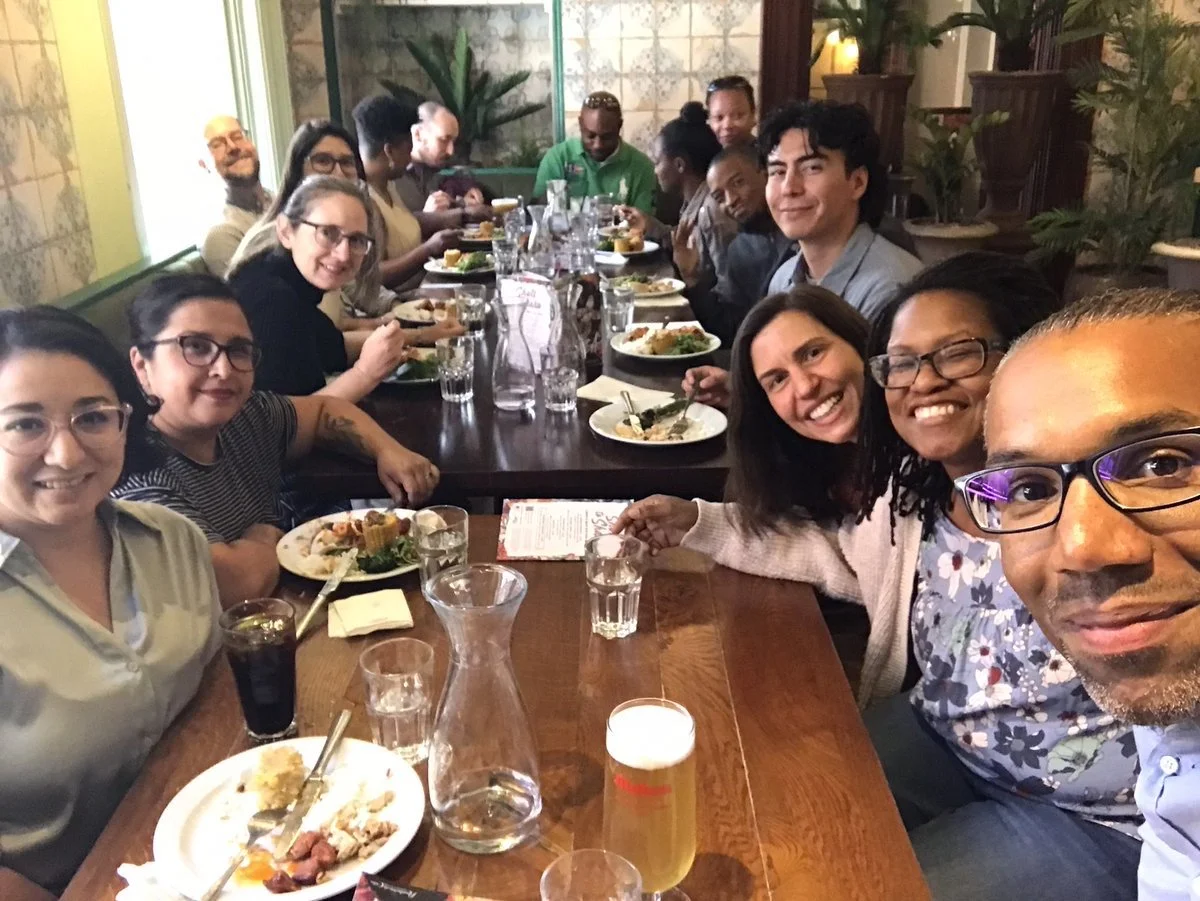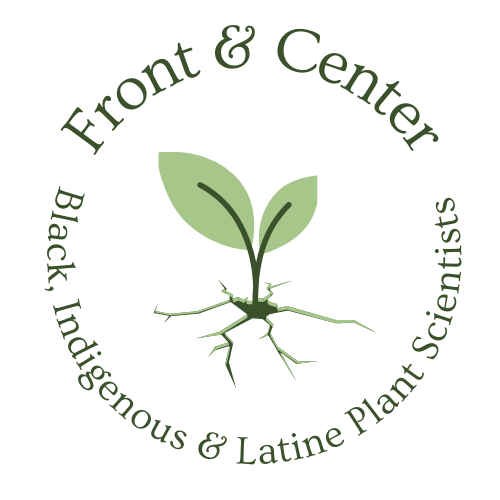Inclusivity Scholars Program
The Inclusivity Scholars Program (ISP) is organized by the Inclusivity Scholars Subcommittee (ISS)
Current ISP Co-Chair:s NAASC members Cris Argueso (Colorado State University) & Ment Ayalew (Spelman College)
Past ISP co-chairs: Siobhan Brady (former NAASC member) and Terri Long (community member)
Since 2004, NAASC has continuously secured funding (primarily via the US National Science Foundation) to support members of under-represented groups in US STEM to participate at the annual International Conference on Arabidopsis Research (ICAR).
NAASC has provided full conference support for more than 110 ISP Scholars:
Students and postdoctoral scholars from groups underrepresented in USSTEM
Faculty that are members of underrepresented groups in US STEM and/or that teach & mentor members of underrepresented groups at Minority-Serviing Institutions (MSI), Historically Black Colleges and Universities (HBCU) and Tribal Colleges and Universities (TCU) in the US
Starting in 2014 NAASC began developing ISP-specific programs at North American ICAR and pre-arranging, group travel for ISP participants to attend international ICARs.
This is now known as our ISP Cohort Program
The Inclusivity Scholars Subcommittee recognize that international conferences are great opportunities for opening doors to new career opportunities and collaboration, yet they can also be isolating and intimidating.
We organize shared meals and safe spaces, facilitate research discussions in smaller group settings to engage and deepen relationships among the cohort and between newer and established leaders
ISP Activities include
Assistance with or pre-arranging group travel
Pre-conference cohort connections via Zoom calls
Engagement with NSF program Officers
Professional development opportunists
Shared meals and safe spaces
One-on-one mentoring with NAASC PIs and other Arabidopsis researchers
ISP Cohort for ICAR 2022-Belfast
David Bullock North Carolina State University
Norma Castro Guerrero University of Missouri
Efren Gonzalez Carnegie Institution for Science
Michael Guzman UC Riverside
Carlos Juarez Colorado State University
Stefanie King Washington University in St. Louis
Imani Madison North Carolina State University
Thelma Madzima University of Washington Bothell
Marcel Malena New York University
Edith Pierre-Jerome Duke University
Carin Ragland Stanford University
ISP & NAASC collaborate with others to support DEIB:
Changing Cultures and Climates (hosted by Plantae at ASPB)
an excellent resource (developed by NAASC member Siobhan Braybrook) is the anti-racism toolkit which includes numerous resources aimed at various entry points including
Feeling the Problem: this collection aims to help us start listening to the experiences of people of color within the Science community.
Start with Yourself: this collection aims to provide resources to help each of us work on understanding how we have internalized and held up racism, and then to start working towards anti-racist actions.
Interpersonal Work: this collection aims to provide pieces and resources to help us build more equitable and positive interpersonal relationships, for example with colleagues and in mentoring.
Institutional Work: this collection aims to provide us with information and reflection on how we can work to build anti-racist institutions.
For Educators: this collection specifically provides resources and pieces looking at building more inclusive, anti-racist, classrooms.
Initiatives developed by past NAASC ISP Scholars:
The Front and Center Initiative to highlight and address the unmet needs of plant scientists who encounter racism in their pursuit of knowledge and discovery. The project increases the visibility of Black, Indigenous, & Latine Plant Scientists. Founder: Edith Pierre-Jerome
The “Adventitious Roots” private Discord server features a diversity of ways to engage with other Black, Indigenous, and & Latine Plant Scientists. Founder: Imani Madison.
Root and Shoot Research Coordination Network (RCN) led by ASPB. A five-year grant awarded through the NSF’s LEAPS [LEAding cultural change through Professional Societies (LEAPS) of Biology] program. The RCN includes American Phytopathological Society (APS), American Society of Plant Biologists (ASPB), American Society of Plant Taxonomists (ASPT), Botanical Society of America (BSA), International Society for Molecular Plant Microbe Interactions (IS-MPMI), Maize Genetics Cooperation (MGC), North American Arabidopsis Steering Committee (NAASC), as well as other organizations that serve marginalized scientists.
NAASC thanks the longstanding support of the US National Science Foundation that has provided funding to support the participation of many US members of underrepresented groups in STEM as well as early career scholars. Our current grant funding (participant support) is supported by the National Science Foundation under Grant No. 1518280
Any opinions, findings, and conclusions or recommendations expressed in this material are those of the author(s) and do not necessarily reflect the views of the National Science Foundation.
“Having a cohort to navigate the meeting was very useful to me. It allowed me to expand my network and interact with other underrepresented plant biologists.”
“The conversation was rich and helpful in helping the group self-reflect on the conference. By going around the table during the dinner to provide an opportunity for everyone to speak about their careers, it allowed everyone to share their thoughts and provided insights into their experiences. This facilitated other conversations later in the meeting which were more targeted, focused and personal between individuals.”






